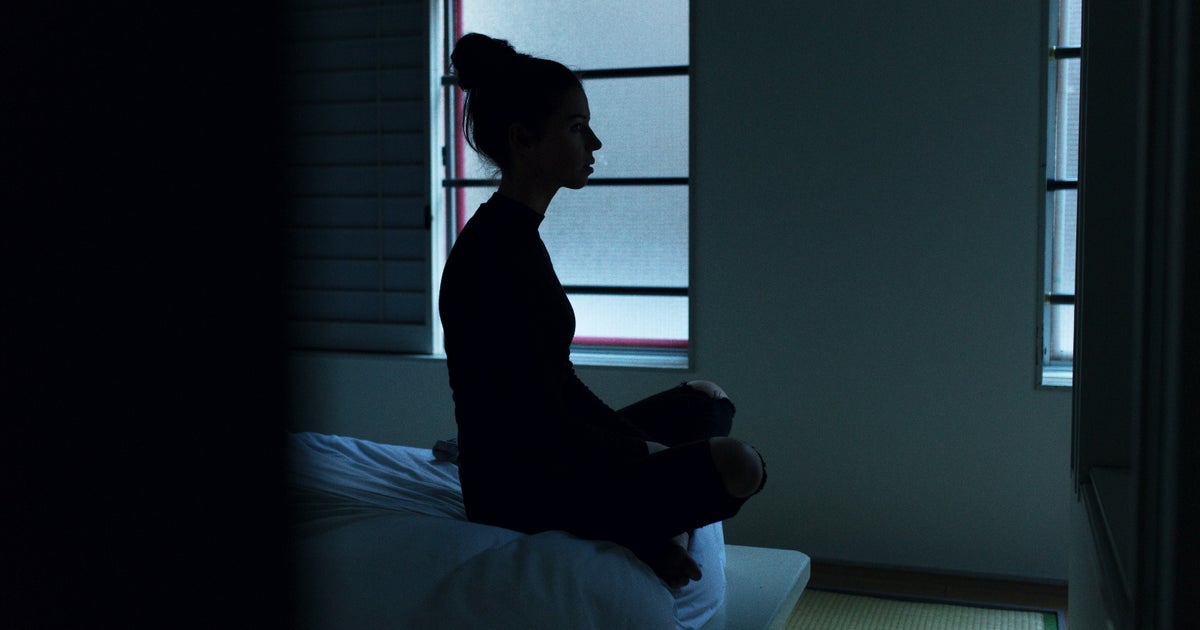
This May Be Why You Always Wake At 3AM And Can’t Sleep
I have insomnia, but not the kind that means I struggle to fall asleep (in fact, the speed and ease with which I nod off at night put me off seeking help for years).
Instead, the problem happens in the wee hours of the morning. It reaches roughly 3am, and my body wakes me up – a common enough process, but one which I, for some reason, don’t recover from.
After the disruption, I stay up for hours, only feeling able to sleep when it’s time to get up and go to work. This persists no matter how much shut-eye I do (or don’t) get, how much exercise I do, or how early I go to bed.
If that sounds familiar, you – like me – may have something called sleep maintenance insomnia.
What is sleep maintenance insomnia?
According to Harvard Health, the term refers to a lack of sleep that happens not because someone can’t nod off, but because they wake up and can’t fall back asleep.
In America, it’s believed to affect as many as one in five people (and while there doesn’t seem to be much data on the phenomenon in the UK, one in three adults here are thought to experience acute insomnia at some point).
Harvard Health added that the condition might be especially common in women during midlife.
Health problems, family stresses, depression, and even hot flashes might play a role.
As, they say, can age: “as we grow older, the normal sleep cycle becomes shorter, and we spend less time in deep sleep”.
How can I manage sleep maintenance insomnia?
Dr Karen Carlson, a doctor who runs classes focusing on women’s sleep quality at Boston’s Massachusetts General Hospital, told Harvard Health that going to bed really early to “make up” for missed sleep might not help.
“What sometimes happens is that women are going to bed early trying to sleep and then they wake up at 3 or 4am – and they’re not really meant to sleep more than six or seven hours, but they’re in bed early trying, and they awaken early.”
What may help, however, is “clock blocking”, or ignoring any screen which tells you the time, Johns Hopkins shared.
So, too, can getting up out of bed to do something screen-free and relatively mindless, like folding laundry after about 20 minutes of being awake ― or, as Johns Hopkins sleep expert Dr Luis F. Buenaver said, try to “Read a book, with just enough lights on so that you can see the print comfortably”.
Try as much as you can to stick to your regular routine the day after a bad night’s sleep, he continued.
Speak to your doctor if sleep issues persist for weeks and/or affect your day-to-day life.
First Appeared on
Source link






